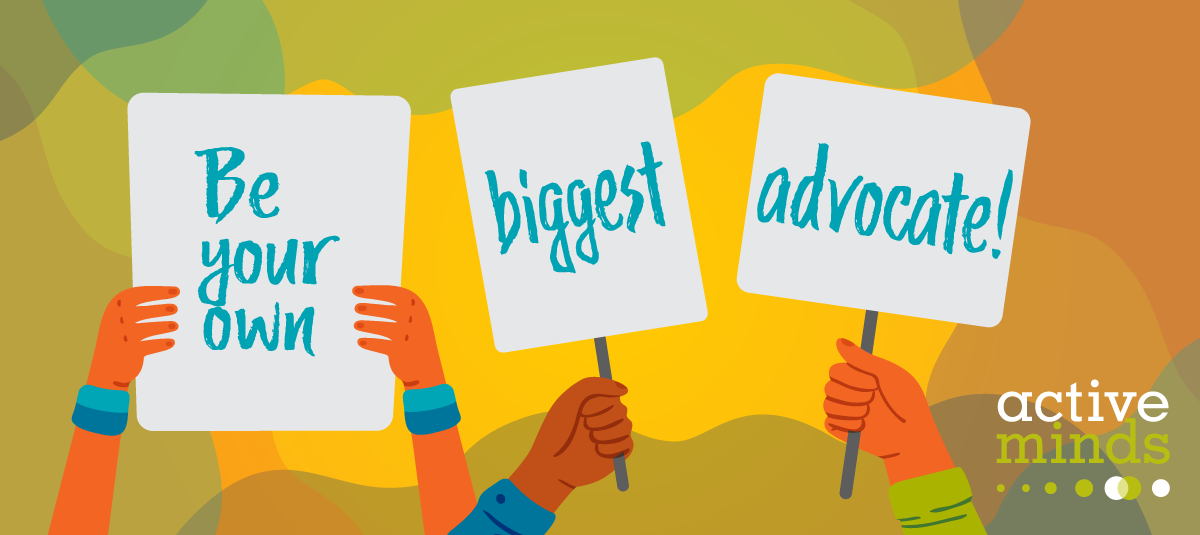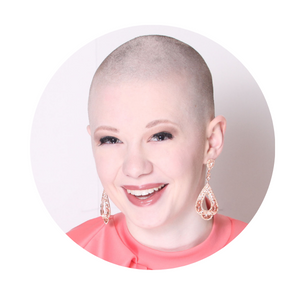“I was wrong,” is not something I ever expected to hear my therapist say. However, I had heard it more than once from different medical professionals over the years, all relating to one persistent question: “Do I have autism?” Throughout these various appointments and confessions, I remained without an answer. I went years without knowing, which left me uncertain and conflicted about my identity and as a result, struggling with my mental health. After all, how can you truly embrace and love yourself when you don’t fully understand who you are? After years of not knowing, on October 27, 2021, I went to my weekly therapy appointment on a mission to find an answer.
There have always been small indications that I may be on the spectrum: sensory sensitivities, social barriers, and explosive meltdowns following overstimulation. However, over the years, I unconsciously perfected the art of masking, which occurs when someone alters their behavior to emulate what they have seen as socially acceptable. This can either mean repeating actions that others have done that have been well received or avoiding behaviors that have been labeled “unacceptable” or “odd.” My ability to mask may have helped me avoid being the target of bullying, but it ultimately led to a 23-year delay in diagnosis.
Heading to that appointment in October of 2021 was not the first time I had considered the idea I was neurodivergent. I had been seeing some form of mental health professional since 2010 for the treatment of anxiety, depression, and trichotillomania (a hair-pulling disorder). In 2012, one of the psychologists I saw speculated that I had Asperger’s Syndrome* and went so far as to write this diagnosis in my medical chart. Several years later, my psychiatrist found this note and brought it up to my mom and me during a session. This led my mother to a Google deep dive that unearthed the realities of females with autism.
The stereotype society has built around autistic behaviors largely stems from how autism presents itself in males. Men with autism often find it harder to conform or mask their autistic traits to fit into society’s rigid definition of normal, making them easier to spot and diagnose. Autism in females, on the other hand, often presents itself much more subtly. However, if you look closely, you usually can still find traits of Autism Spectrum Disorder (ASD) hidden underneath their masked actions.
When speaking to my therapist at the time nearly almost ten years ago about the possibility of having autism, I was immediately met with a resounding “NO!” My psychiatrist had the same reaction. Being denied the closure of a diagnosis left me to go through the rest of my teenage years fighting a lonely internal battle between a girl trying to fit in with her peers and a young woman trying to be seen as her authentic self. Once I started college in another state in 2019, I switched to a new therapist – my current one. Early on, I once again mentioned my theory that I may be autistic. My therapist, like the others, responded with an adamant no. She explained that in addition to having a brother with autism, she had worked with several individuals on the spectrum and felt there was absolutely no way I was autistic. At that point, I felt defeated. How could someone with so much experience be wrong? So, for two years, I let it be. But that didn’t stop my mind from speculating.
In the back of my head, I still felt strongly about my belief. I began doing my own research, which led me to stories from #ActuallyAutistic women on Instagram. One story after another, I found myself relating to the situations and feelings these women went through. I knew in my heart that this was the answer to unlocking that last bit of myself that I had yet to comprehend. For several months after this discovery, I contemplated bringing my theory to my therapist once again. Finally, I built up enough courage on October 27, 2021, to reintroduce the idea. However, I was not prepared for her response.
“I am not afraid to admit when I am wrong, and I was wrong about this.” After bringing my speculations to the table two years prior, my therapist had gone into a deep dive of her own. She had taken the time to learn and understand how females with autism often differ from males with autism. Her research led her to believe that, without a doubt, I am autistic.
Having the diagnosis has allowed me to finally understand who I am. Behaviors and mindsets that once caused me confusion and frustration now had an explanation and a meaning. And yet, I often wonder how my life would have been different if I had received my diagnosis at a young age. If I had understood my internal inclinations better, would it have changed my struggles with anxiety and depression? Who would I have been without the mask? However, I know that coming out as autistic did not change who I was as a person. I’m still the same Sarah. However, I am more powerful because I now know what makes my brain tick.
*Asperger’s Syndrome is no longer utilized in the medical community. All diagnoses are now labeled as Autism Spectrum Disorder (ASD).




